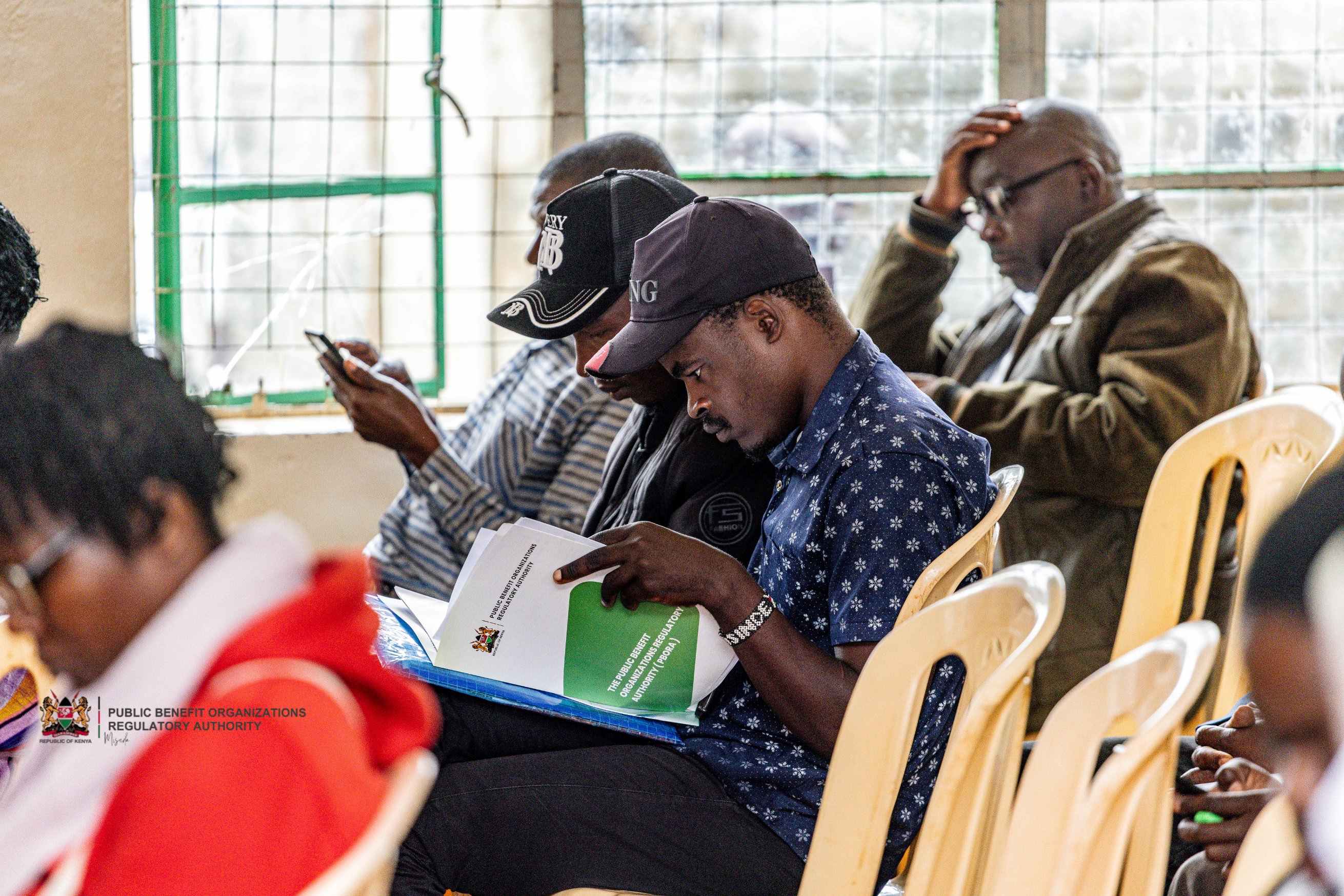Kenya to introduce mandatory digital ID for online sellers in new e-commerce crackdown

The digital seller identity system will rely on technology to confirm the identity of individuals or businesses selling goods online.
Online traders in Kenya will soon be required to register under a national digital identification system, as part of new government proposals aimed at tightening oversight and restoring consumer confidence in the growing e-commerce sector.
The Ministry of Investments, Trade and Industry has revealed that it is developing a national e-commerce trustmark and a digital seller identity system to verify and monitor traders who operate on local digital platforms.
More To Read
- Retailers to benefit as State moves to reduce number of business licences
- Kenya moves to shield consumers from online market abuses with tough new bill
- Dark SME Day: Small-scale businesses face hefty losses due to protests
- Traders count millions in losses after protest looting and arson across Kenya
- Scars of protest: Sunbeam traders still await justice following 2024 fire tragedy during anti-tax demos
- Report questions AGOA’s effectiveness as deadline nears, extension talks continue
The move, outlined in a draft policy document, seeks to ensure sellers are properly identified, accountable, and meet established standards of consumer protection and fair trading.
“Institutionalise a national e-commerce trustmark and digital seller identity system to enhance consumer trust in local platforms through verified seller credentials, dispute resolution mechanisms, and accountability measures,” the ministry said in the proposed policy.
“This would reduce the cases of clients not receiving exactly what they ordered,” it added.
The digital seller identity system will rely on technology to confirm the identity of individuals or businesses selling goods online.
This could involve using government-issued ID cards, selfie verification, biometric data like facial recognition, or checking sellers against fraud databases and watchlists.
The goal is to create a transparent online environment by building trust between buyers and sellers, reducing fraud, and helping traders meet legal requirements.
Meanwhile, the trustmark will be a visual symbol, such as a badge or logo, displayed on certified online stores.
It will indicate that a business has met certain regulatory standards related to security, privacy, and reliability.
The trustmark will act as an assurance to shoppers that they are buying from legitimate, verified sellers who operate under the law.
Besides enhancing consumer trust, the government says it wants to support innovation in the sector.
The draft policy outlines plans to establish a national e-commerce innovation and investment fund. This fund will provide financial backing to startups and small businesses, particularly those in logistics technology, online marketplaces, and digital payments, to help them grow and improve service delivery.
The Ministry says the new measures are in response to challenges affecting the sector, including the absence of proper compliance frameworks, poor coordination among regulatory agencies, rising cases of consumer exploitation, and unethical practices like price fixing that distort market competition.
Top Stories Today















































